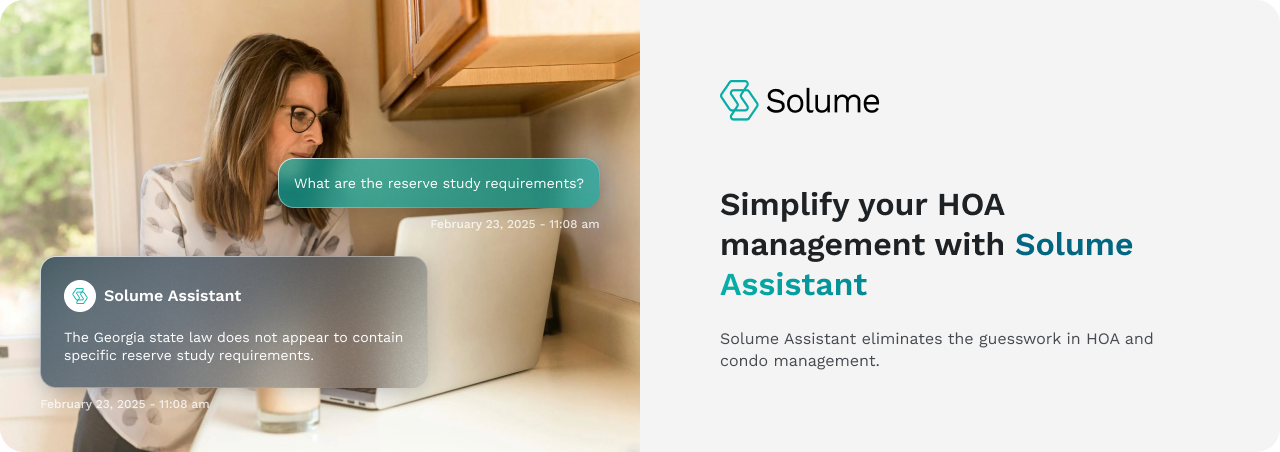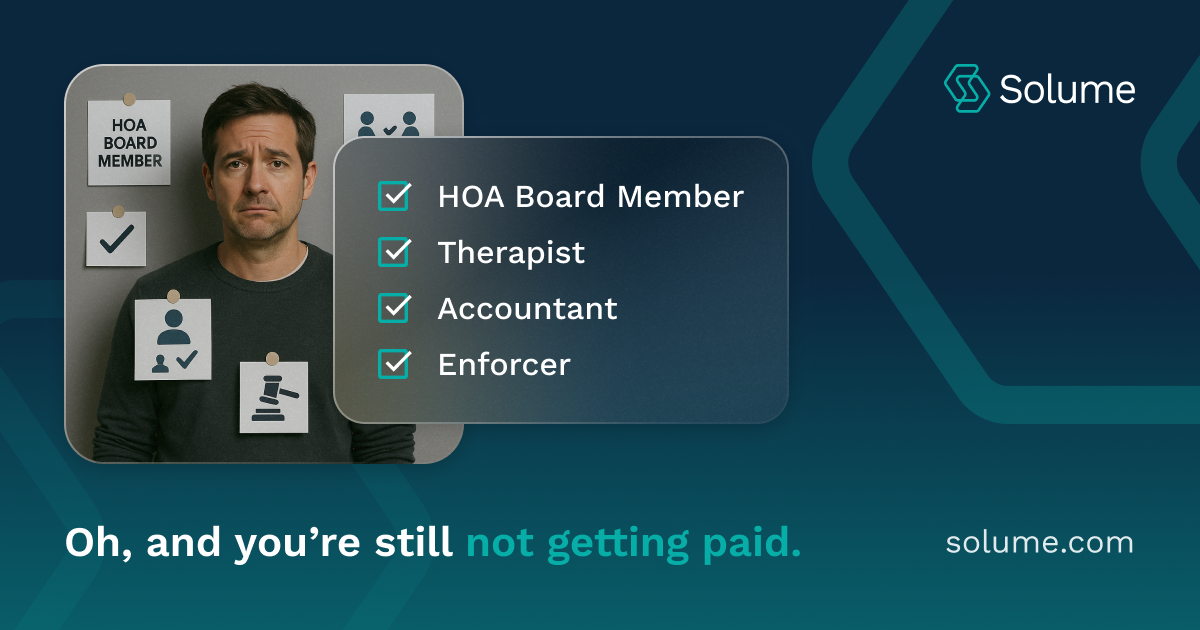They volunteered to serve. To help their neighbors. To make the community better.
Now, thousands of HOA and condo board members across the country are staring down financial disasters they never imagined.
Insurance premiums are spiking. Reserve funds are stretched thin. Special assessments are rising fast. And in the middle of it all? Volunteer board members with no formal training in risk management, construction, or regulatory law.
The system wasn’t built for this kind of pressure. But the pressure is here.
Insurance Premiums Are Soaring
Across the United States, insurance premiums for condos and homeowners associations are exploding. In Florida, a state already on edge due to recent condo safety reforms, the surge has reached a crisis point.
According to a report by Yahoo News, some associations have seen premium increases of 200% to 400% over the past two years. Source
Why? A perfect storm:
- Increased natural disasters tied to climate change
- Aging infrastructure
- Tighter post-Surfside regulations
- Insurers pulling out of high-risk markets entirely
The result? Communities are scrambling to maintain coverage—and are often left with policies that cost far more and cover far less.
The Fallout: Special Assessments and Owner Strain
When premiums jump by hundreds of thousands of dollars, the money has to come from somewhere. That often means:
- Raising monthly dues
- Issuing special assessments
- Depleting already fragile reserve funds
For owners, this can lead to financial strain—or even foreclosure. For board members, it means making painful decisions that will never satisfy everyone.
And when transparency is lacking? Trust erodes fast. Residents start asking: Where did the money go? Why weren’t we prepared? Who dropped the ball?
The Fannie Mae Blacklist: A New Layer of Risk
Florida now has 1,428 condo buildings deemed ineligible for Fannie Mae-backed loans—a quiet but devastating development. These buildings have been effectively "blacklisted" due to deferred maintenance, inadequate reserves, or insurance-related issues. Source
What does that mean?
- Owners can’t sell to buyers who need conventional loans
- Property values drop
- The association’s financial challenges deepen
And here's the catch: homeowners often don’t even know their community has been blacklisted. No official notice is sent. But the moment a buyer's loan gets denied, the damage is done. The buying pool shrinks dramatically, and selling becomes harder—especially in communities with poor board oversight or delayed maintenance.
And most of these boards had no idea they were even on the list—until it was too late.
Boards Are Unprepared—But the Stakes Have Never Been Higher
Most HOA and condo boards are made up of volunteers. These are not insurance underwriters, engineers, or compliance officers. They are homeowners trying to help.
But in 2025, that’s not enough.
Volunteer boards are now expected to:
- Interpret 100+ page insurance documents
- Forecast reserve funding 30 years into the future
- Understand ever-changing state and federal regulations
All while managing maintenance, complaints, and communication with residents.
The good news? Technology is leveling the playing field. AI-powered tools are giving non-professionals access to deep insights into laws, insurance policies, and compliance rules—without needing a law degree or financial certification. More and more boards are choosing to self-manage because, with the right technology, they finally can.
So What Can Boards Do?
The crisis won’t be solved overnight. But there are steps every board can take to protect their community:
- Get clear on your coverage. Don’t wait until renewal season. Review your current policy now. Know what’s covered, what’s excluded, and where the biggest gaps are.
- Proactively update your reserve study. If your reserve study is more than 3 years old, it’s outdated. Update it now—before regulators or lenders force you to.
- Prioritize transparency. Share what you know with residents. Even bad news, shared early and clearly, builds trust.
- Seek professional support. Consult insurance advisors, reserve study specialists, and legal counsel when needed. You’re managing a multimillion-dollar asset. Treat it like one.
- Use smarter tools. Trying to run a community from spreadsheets and PDFs isn’t just inefficient—it’s dangerous.
Solume: Built for Boards Who Want to Lead
At Solume, we’ve seen what happens when good boards get blindsided.
That’s why we built a platform that turns confusing insurance documents, outdated reserve studies, and vendor contracts into a single, dynamic dashboard. Boards can see what’s coming, what’s at risk, and what needs action—before it becomes a crisis.
You don’t need to be an expert. You just need the right tools. You can lead like a pro—even if you're not one. Solume takes the guesswork out of community management, doing the heavy lifting so your board can focus on decisions, not deciphering documents.

Final Thought
The insurance crisis isn’t going away. If anything, it’s accelerating.
But communities that invest in clarity, transparency, and proactive planning will survive—and even thrive—while others scramble.
If you’re on a board and you feel overwhelmed: you’re not alone. But you can be prepared.
Follow Solume for updates, insights, and tools that help protect your community before the next wave hits.
Because once the rate hikes or lawsuits land—it’s already too late to prepare.
